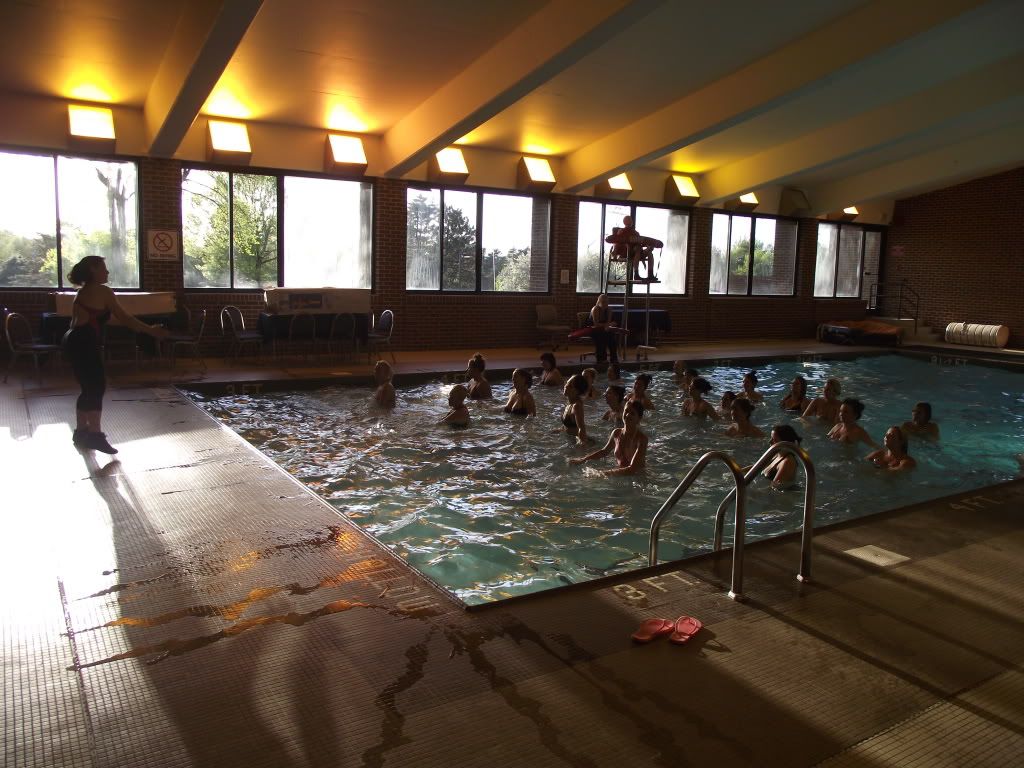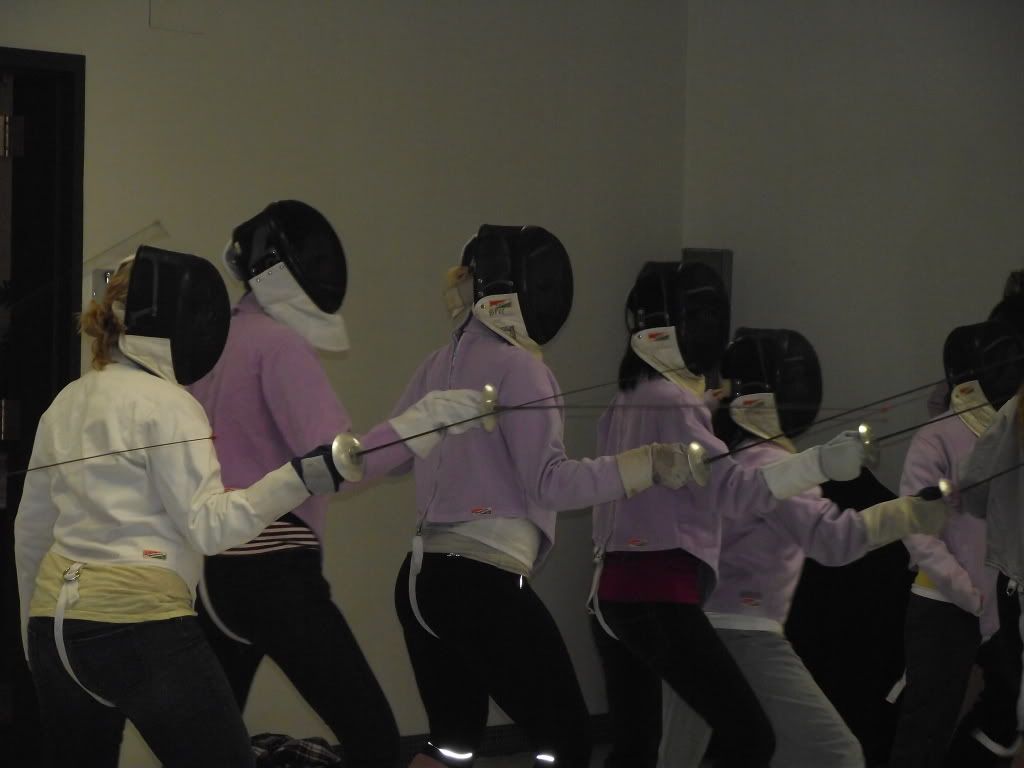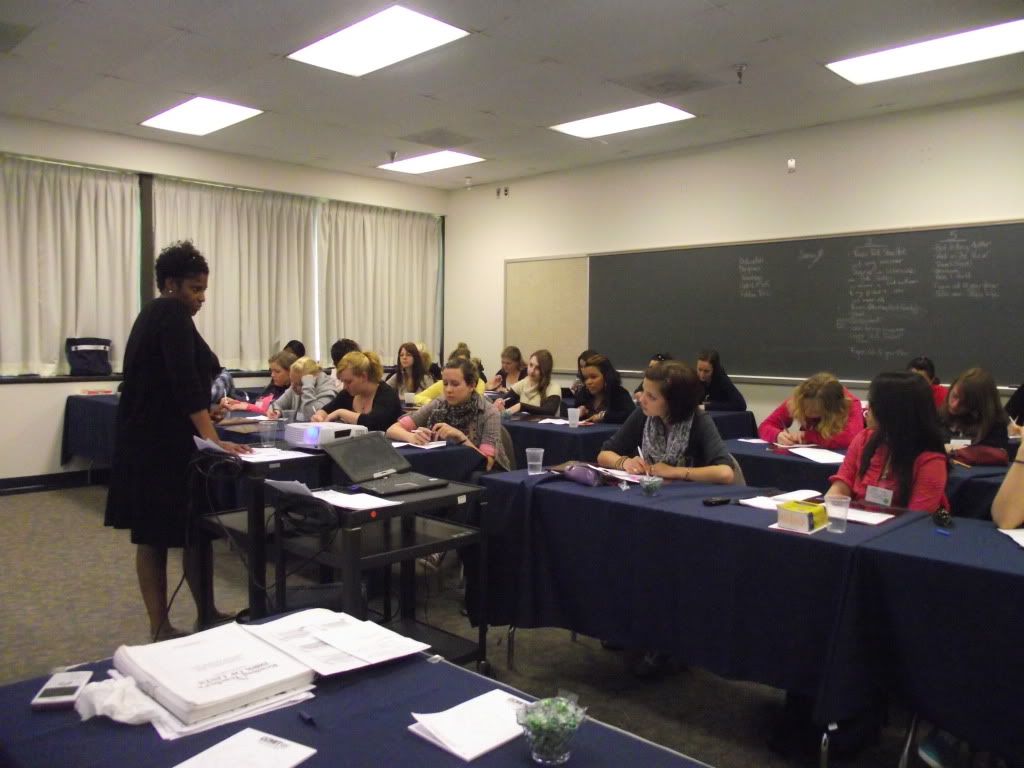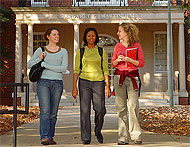
From Amy McCready, founder of Positive Parenting Solutions
Why do kids talk back?
Kids talk back for a variety of reasons. They may be testing your limits or trying to get a reaction. Perhaps they’re hungry, tired or just having a bad day. However, if backtalk is frequent, it’s usually the child’s way of exerting his power and saying “You’re not the boss of me.”
We’re all hard-wired with a need for POSITIVE power -– the ability to have some control over our lives. When parents over-protect, over-demand, or constantly order, correct and direct their kids… they strip them of independence and personal power.
The only way our kids know to respond is to fight back. It’s a basic fight or flight response. They can’t easily flee (your food and shelter are way better than they can afford on their own), so they fight back with backtalk, attitude, negotiating, arguing, stomping away, eye rolling, etc.
All kids, toddlers through teens, seek to exert their independence -– it’s what they’re supposed to do. Our goal as parents is to foster their independence within our limits and without the back talk.
Here are five tips to help you reduce backtalk in your house.
Own your role: Power struggles that lead to backtalk are a two-way street and parents and au pairs also play a starring role. Be aware of your day in and day out communication with your kids (and your spouse, for that matter!) Watch your tone of voice and minimize the amount of ordering, correcting and directing you do. No one wants to be “bossed around” all day and the natural reaction is to fight back.
Remember, it’s not about “winning” the battle. It’s about recognizing that your child needs more control over her life and helping her find ways to have positive power within your boundaries.
Fill the attention basket: Kids of all ages have an attention basket -– plain and simple. If they don’t get sufficient positive attention, they will use negative behaviors to provoke us until they get our attention. From their perspective, negative attention is better than no attention at all. Fill their attention baskets in positive ways by spending one-on-one time with your kids daily. It doesn’t have to be a long time – just 10 minutes when they have your undivided time and attention (if the phone rings, don’t answer… if your Blackberry chirps, let it go.) As you fill their attention baskets positively and proactively, your kids will become more cooperative and less likely to provoke power struggles.
Finding a spare 10 minutes to spend with each child can seem daunting in a busy non-stop life, but think of it as an “investment” in good behavior, a calmer home and less backtalk.
Give power to the people: Find ways to give your people the positive power they need. Provide more choices — within your family boundaries –- so they can have more control over their world. To a toddler, power means choosing between a Batman and Spiderman toothbrush. To a teenager, it can be allowing him to decide which restaurant the family goes to on Saturday night.
Chill out: Don’t overreact! Kids talk back to get a reaction. When you get upset and respond with “you will not talk to me that way, young man”, they score with a power payoff.
Instead, get eye to eye and very calmly say, “I feel hurt/disrespected when you speak to me that way. When I hear that tone of voice, I’m going to walk away. I’ll be happy to talk with you when we can speak to each other respectfully.”
Then – walk away! The next time it happens, don’t remind; don’t say a word. Just calmly walk away. It sends the message, “I won’t participate in this power struggle with you.”
Rule of law: Be very clear about the rules in your house and be equally clear about the consequences if the rules are broken. Then, if kids push the limits, follow through -– each and every time. Parents and au pair don’t have to be harsh or overly strict. They just have to set fair limits, communicate those limits clearly and be consistent in implementing consequences when appropriate.








